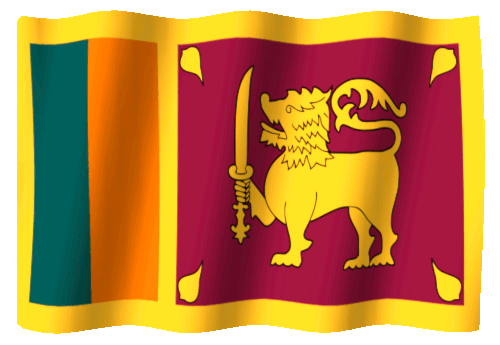- The USA is considering additional tariffs due to confusion between Digital VAT and Digital Services Tax (DST).
- Digital VAT is a consumption tax on end-users of digital services, aligning with OECD guidelines.
- Sri Lanka’s 18% VAT on nonresident digital service providers is similar to systems in other countries.
- Countries like India and Vietnam have benefited from reduced US tariffs due to their VAT systems.
- DST is a revenue-based tax targeting large tech firms, seen as discriminatory by the US.
- The OECD proposed solutions to address DST issues, but VAT systems are supported for digital services.
- DSTs were introduced due to delays in global tax framework implementation.
Source: newswire.lk
Note that this post was (partially) written with the help of AI. It is always useful to review the original source material, and where needed to obtain (local) advice from a specialist.
Latest Posts in "Sri Lanka"
- Sri Lanka Unveils Three-Phase Electronic Invoicing Reform to Modernise VAT and Boost Digital Economy
- Sri Lanka Sets Dec. 31 Deadline for November 2025 VAT Returns, Announces Penalties and Credit Rules
- Sri Lanka Introduces Risk-Based VAT Refund Scheme for Exporters and Strategic Suppliers Effective October 2024
- Sri Lanka Delays New VAT Invoice Format Implementation to April 2026
- Sri Lanka Delays New VAT Invoice Format Implementation to April 2026














